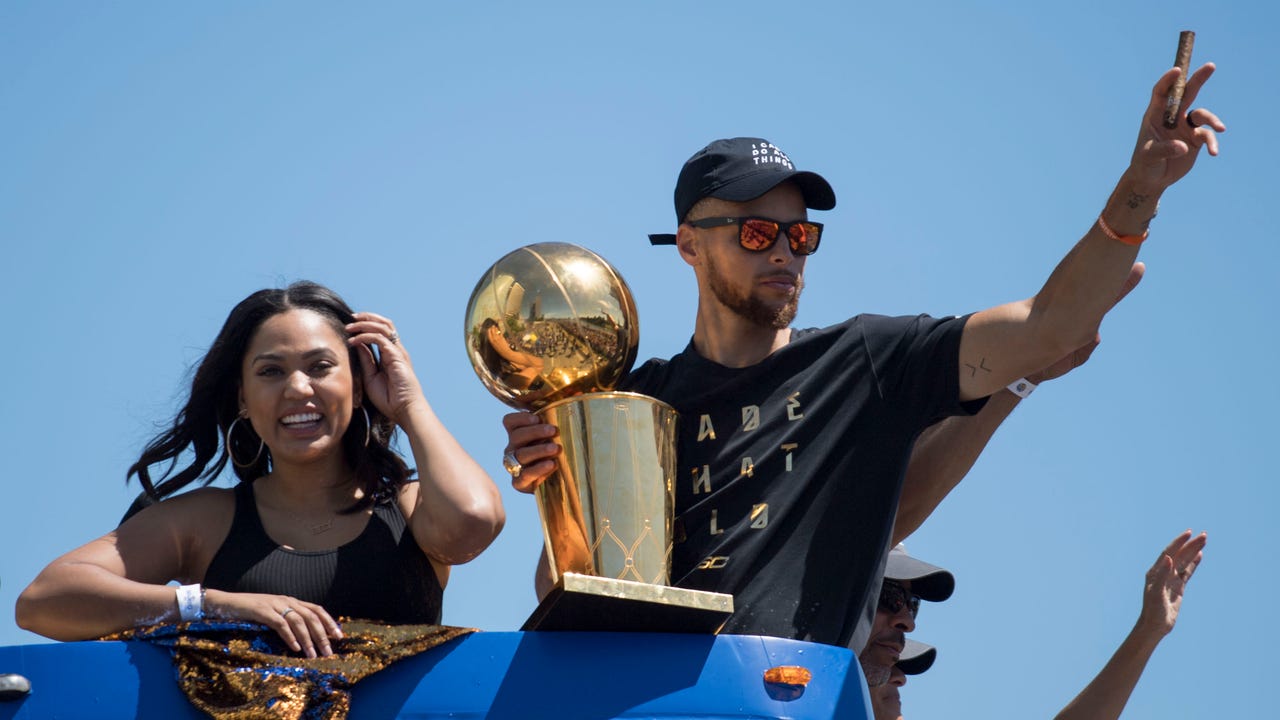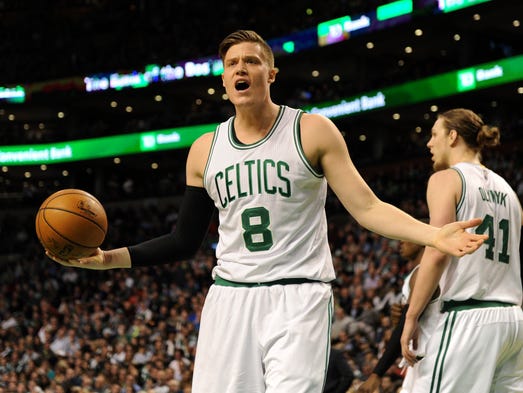Why recent big-money deals in sports can’t be sustained – USA TODAY

A look at which NBA players have signed new contracts during this year’s free agency period.
USA TODAY Sports
Get those cartoonish contracts while you can, because the clock is ticking.
While even run-of-the-mill NBA free agents figure out how to spend their new largesse — $23 million for J.J. Redick, really? — and the NFL divvies up $7.8 billion among its 32 teams, it’s nothing but bad news for the TV partners that make those ridiculous numbers possible. The cord cutting is accelerating, not slowing, and live TV viewing is dropping.
Which means that the bubble beneath the massive player contracts is bound to pop. It might even explode.
“I do see a significant correction coming,” Michael Leeds, a sports economist who chairs the economics department at Temple, said Thursday.
RELATED:
“With the cord cutting and all of the chaos at ESPN, I think that there’s every reason to believe that we’re seeing a major change, a sea change,” Leeds said. “And the (leagues) … could be in for major changes the next time things come around.”
For decades, ESPN, ABC, NBC, CBS, Fox and Turner Sports have been happy to write increasingly larger checks for sports broadcast rights. With good reason.
Sports is best watched live, making it the one type of programming viewers are less likely to watch on a DVR. Fans would rather grit their teeth and sit through yet more inane ads for credit cards or insurance than risk a friend unwittingly spoiling the outcome of the game or a spectacular play.
It also gave the networks solid programming to fill their schedules. Put the Knicks-Pistons on in March, when both teams are already out of playoff contention, and it’s still likely be a better draw than an infomercial or a rerun. Lost in the hysteria over the sagging NFL ratings early last season was that the games still produced numbers that would be a bonanza for any other offering.
This wasn’t lost on the various sports leagues and organizing bodies, who either exacted a premium for exclusive renewal or pitted the networks against each other to jack up the rights fees. The NFL makes more than $7 billion each year from its deals with CBS, Fox, NBC, ESPN and DirecTV. The NCAA will get more than $850 million for next year’s March Madness, and will average more than $1 billion a year within the decade.
The NBA just finished the first year of its massive new TV contract, which will pay the league $24 billion through 2025. That’s about $2.6 billion a year.
That influx of cash has a trickle-down effect. Which is how Redick ends up with $23 million contract for one year and the oft-injured Blake Griffin gets $173 million over five years.
It’s also how the small-market Green Bay Packers can be competitive. According to the financials released Wednesday by the Packers, the only publicly owned team in the NFL, each team got $244 million from revenue sharing last year, a 10% increase from the previous year.
But these deals were negotiated long before the bottom began dropping out on traditional TV viewing habits, cable TV in particular. As streaming becomes more popular — and the options to do so easier — people are deciding there’s no reason to pay $150 a month for dozens of channels they don’t use.
In the first quarter of this year alone, pay-TV providers lost 762,000 subscribers, according to a report from MoffettNathanson’s Craig Moffett.
Lose that kind of revenue, you’re eventually going to have to rein in your spending.
“This era in which you had huge rights fees being paid for the NFL, for the NBA, for the NCAA tournament … that’s going to be, to a great extent, a thing of the past,” Leeds said.
There will be new revenue streams through digital and subscriptions, of course. But it won’t match the lottery-like jackpots the networks have been throwing around.
“I think there’s going to be a pause in growth,” said Frank Hawkins, a co-founder of Scalar Media, a New York-based consulting firm that specializes in television, new media and sports.
The good news for the leagues — and players — is that they’ve still got a few more years before the gravy train comes to a halt. The NFL’s deals run through the 2022 season. The NBA’s contract goes until 2025. Fox has rights to the next three World Cups. The only thing more enduring than the Olympic flame is NBC’s hold on the Games.
But every boom is followed by a bust. And it’s coming.
Follow USA TODAY Sports columnist Nancy Armour on Twitter @nrarmour.























































